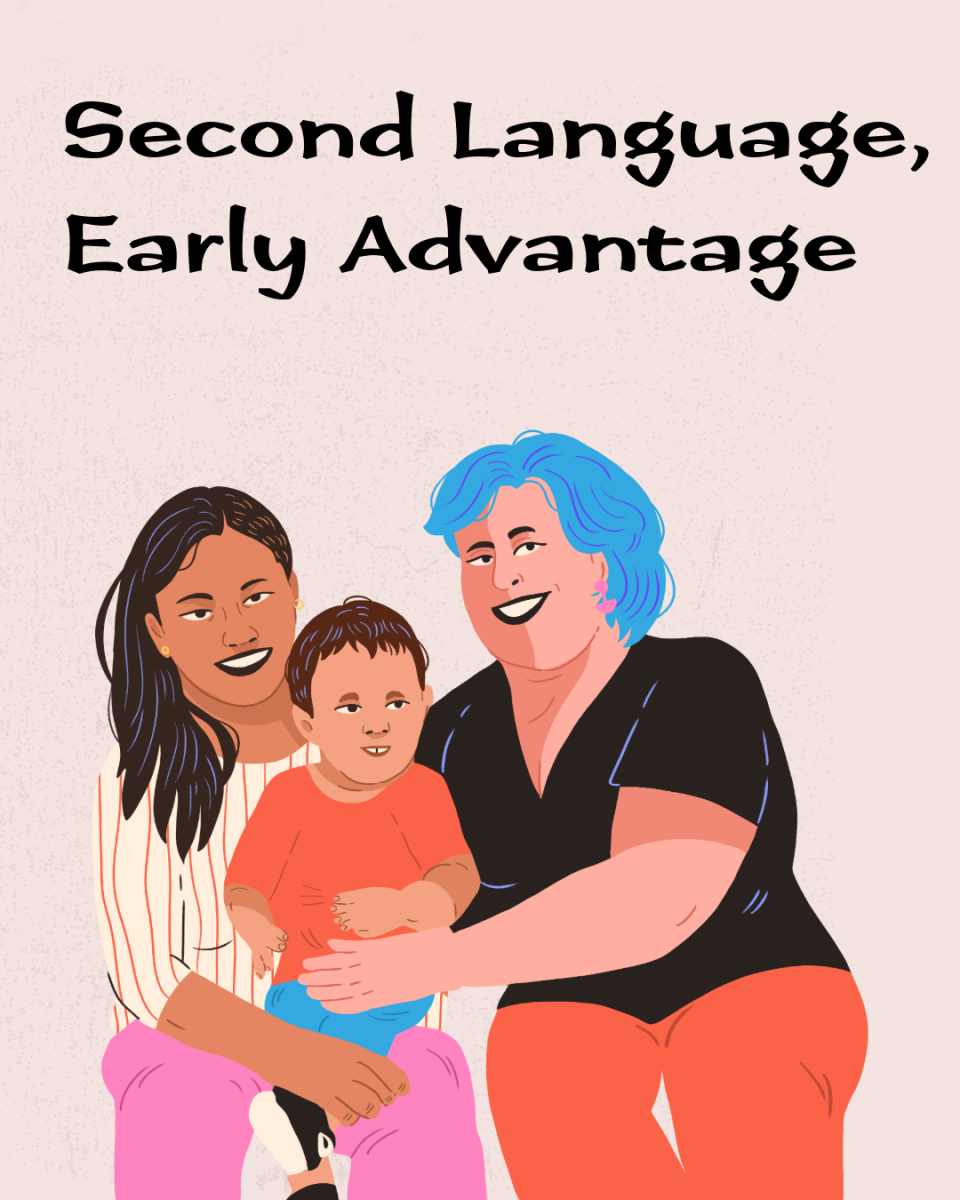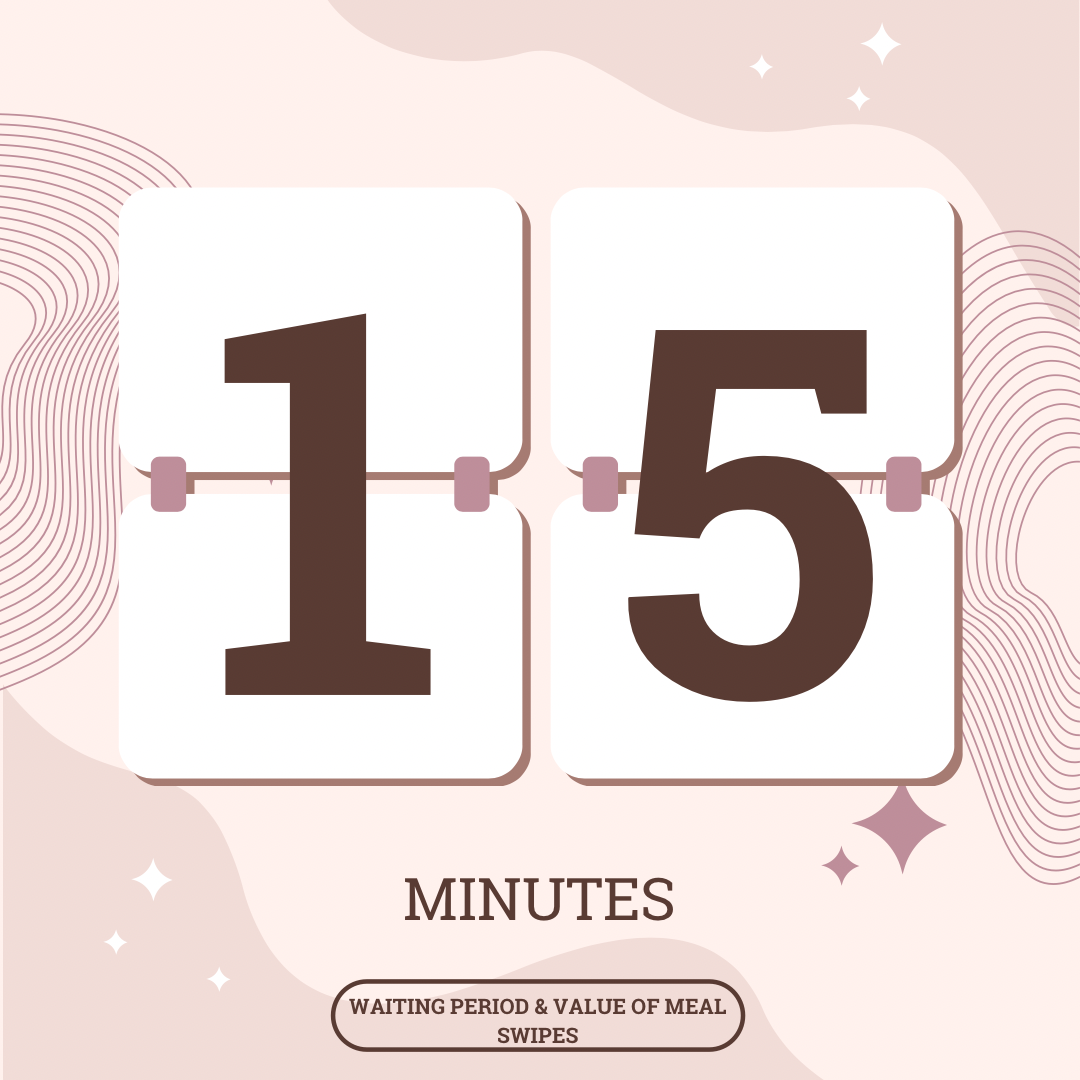If there’s any subscription service undoubtedly worth the financial cost to me, it’s Spotify Premium. Behind a $15 paywall lies an almost unlimited expanse of musical stylings. However, one genre in particular seems to be left out by modern listeners; classical music.
Classical music, aside from being a studying soundtrack or sleep aid, is often ignored by younger generations, and up until recent years, myself included. Opera houses and symphony halls are patronized largely by older demographics.
In a 2020 article published in The New York Times, Anthony Tommasini, former chief classical music critic for the Times, revealed some discouraging statistics regarding young people’s attendance at various classical venues.
“The average age of the audience at the Metropolitan Opera last season was 57, the same as at the New York Philharmonic,” Tommasini said. “Just 24% of the Philharmonic’s audience was younger than 40, people who may well have developed habits around the culture they do (and don’t) consume that could last the rest of their lives.”
However, listening to classical music comes with a multitude of benefits for the listener, ranging from psychological, physical, and emotional. Perhaps we need not be able to perform classical works to enjoy them, maybe listening to classical music is enough.
In a 2019 study conducted at Kafkas University in Turkey, researchers from the university’s department of education found that students who listened to classical music every day over a 60-day-period experienced significant improvement in their levels of trait anxiety, a form of anxiety that is long term and inherent to each person’s psychological wellbeing.
According to the study, participants also experienced positive changes about their psyche including, “positive relations with others, environmental mastery, personal growth, purpose in life, and self-acceptance.”
Physical benefits of listening to classical music were also found during a 2016 study in the German Medical Journal. During the study, Dr. Hans-Joachim Trapp and Dr. Gabrielle Voit, both doctors of cardiology and angiology, monitored changes in participants’ cortisol levels while listening to musical compositions by Mozart, Strauss, and ABBA.
They found that the classical selections of Mozart and Strauss significantly lowered the subject’s heart rate and blood pressure, with Mozart’s Symphony No. 40 in G minor (KV 550) having the strongest effect. The music by ABBA did not yield any significant changes in either blood pressure or heart rate.
Aside from these health benefits, there are plenty of other reasons to listen to classical music that tap into our emotional ability to process and connect to musical stimuli. Mark Spraggins, music production program director and professor of music composition at California Lutheran University, said there is value in listening to classical music simply because of the content’s richness.
“You’re talking about hundreds of years of refinement and development to a very high level as an art form,” Spraggins said. “Any kind of art form where that’s the case, there’s something there that kind of transcends its culture and its history, and it becomes somewhat universal as an expression.”
Spraggins also said that there are very personal reasons as to why different people could gravitate towards classical music, reasons that may differ from person to person, and possess the potential to change throughout one’s lifetime.
“What is beauty in music? Is it the design of the music? Is it the sound? Is it the emotional reaction you get from hearing the music?” Spraggins said. “Classical music has more capacity to express a much larger range of emotions, just because of the nature of how the music is made.”
Spraggins said the use of acoustic instruments in classical music gives it more freedom of expression than music that is created using electronic instruments, and the level of nuance that can be achieved in classical music sets it apart from other genres.
When discussing classical music, it’s important to acknowledge its history of exclusivity.
“That’s its history, it was music for wealthy people in Europe,” Spraggins said. “The complexity and aura around it makes it a little bit less approachable. What if I’m talking to somebody and I say something dumb or mispronounce one of the words in the title of the piece?”
In an article from Interlude Newsletter, concert pianist and contributor Chris Lloyd talks about how lack of representation, cost, and inherent academic prowess all help further the belief that classical music is for the elite.
Furthermore, classical pianist and conductor Daniel Barenboim commented on the inaccessibility of classical music in the 2013 book, “Play it Again”, written by author, journalist, and former editor-in-chief of The Guardian, Alan Rusbridger.
“So you get a very kind of specialized audience and you get specialized people who play,” Barenboim said. “Therefore you get a community made up of artists and audience that is an ivory-tower community, because both have lost a great part of the connection between music and everything else.”
Until recently, there has been little diversity in the world of classical music. In the 2022 Orchestra Repertoire Report published by the Institute for Composer Diversity at the State University of New York, Associate Professor and Head of Composition in the School of Music Rob Deemer and Associate Professor in Music Education at the University of Houston Cory Meals compiled data outlining trends in classical repertoire selections from 2015 to 2022.
They found that since 2015, there has been an 18% increase in the number of musical compositions by female composers and composers of color used in orchestral repertoire since 2015, with an overall percentage of 22.5% in 2022.
This number is small compared to the majority of orchestral repertoire written by white, male, composers (69.6% in 2022). However, it does support progressive trends in the discussion of who has a place in the world of classical music, for both listeners and composers.
Aside from exclusivity, the sheer volume of classical music can make listeners feel like they don’t know where to begin.
Spraggins offers some strategies as to how new listeners can break into the genre, emphasizing how important it is to listen to classical music that appeals to one’s genuine musical interest, not for the pursuit of seeming sophisticated in the eyes of others.
“It’s really a matter of finding music that interests somebody. They shouldn’t listen to something just because they think it makes them seem sophisticated.” Spraggins said. “Don’t go and buy that $40 bottle of wine to impress your friends, get whatever you like, start with that, and then you will grow with it from there.”
Spraggins also said that it is possible to appreciate classical music without having to fully understand musical technique, and compared the listening experience to watching a film. He said one can appreciate the artistry without needing to understand the behind-the-scenes processes by which the art was made.
He also mentioned how listening to film scores can help introduce the listener to purely orchestral works.
Classical music also encompasses a wide selection of different eras including baroque, classical, romantic, and 20th century compositions. Some classical compositions also use a blend of genres that result in jazz-infused compositions like George Gershwin’s “Rhapsody in Blue,” and Aaron Copland’s folk-infused “Appalachian Spring.”
In this day and age, we’re fortunate to have virtually unlimited access to the works of Mozart, Rachmaninoff, Schumann, Tchaikovsky, and beyond. If you haven’t already, I encourage you to give classical music a chance, free of judgment or fear of what others may think. There’s room for everyone in the world of classical music, don’t be afraid to take your seat at the symphony.






